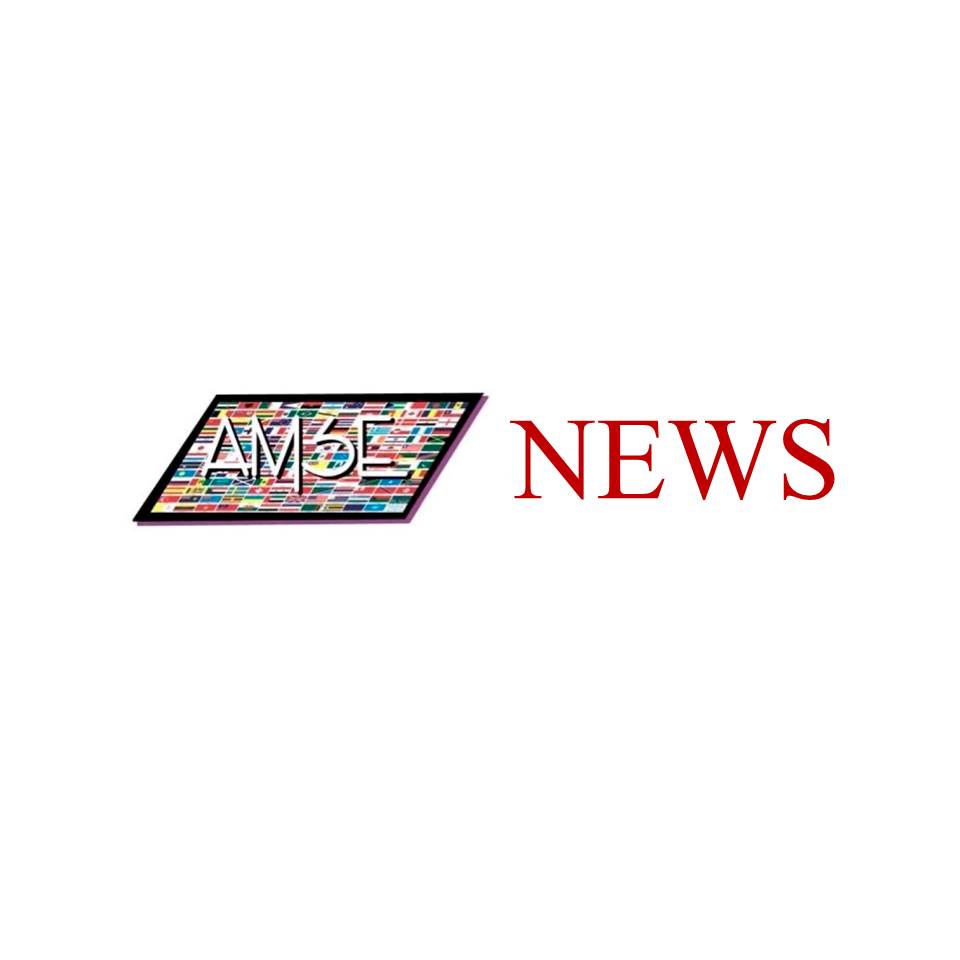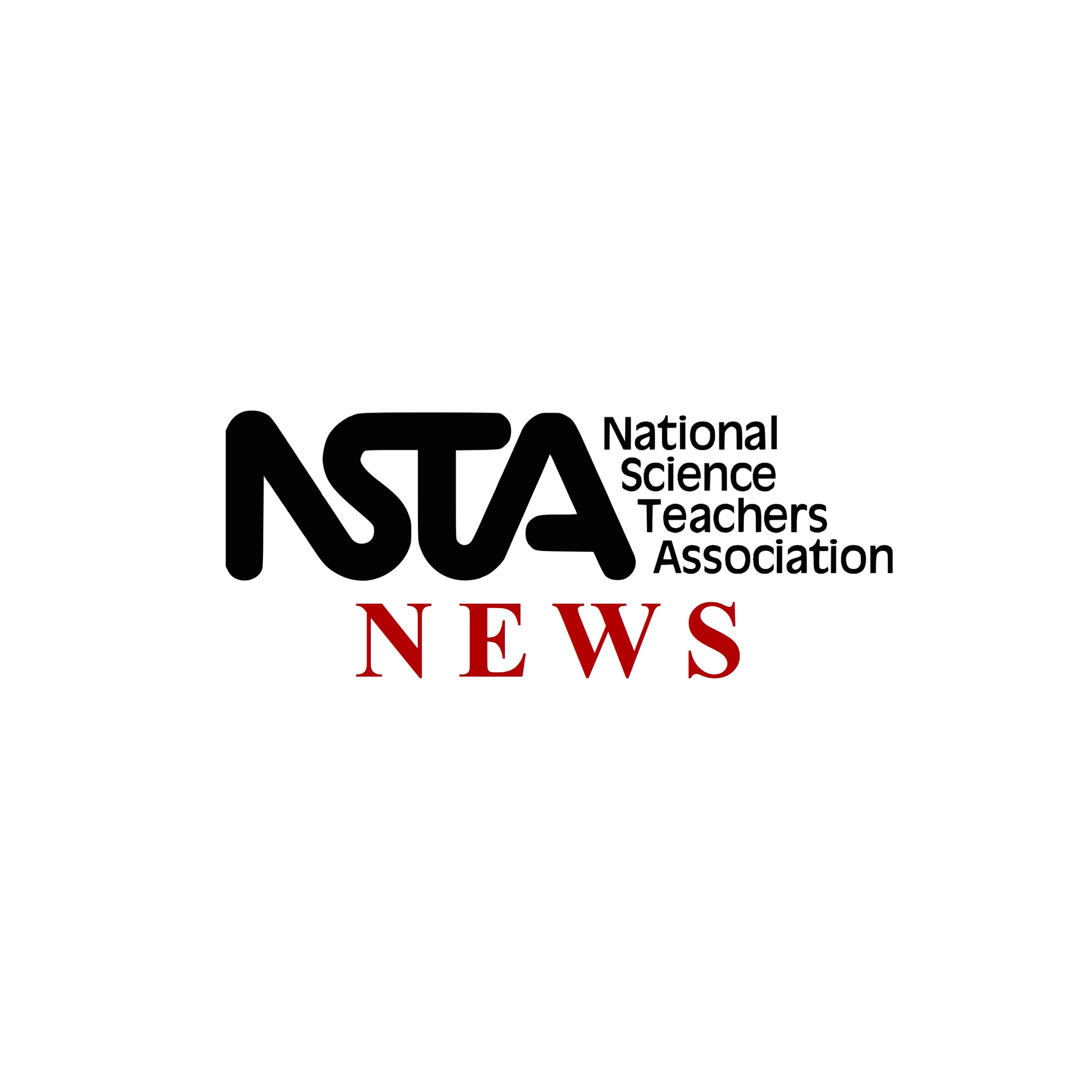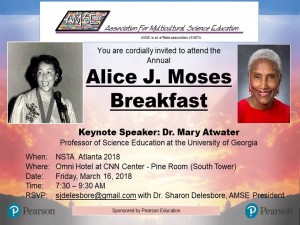PLI-6—Shell One-Day Institute: Embracing an Equitable Mindset: Developing Culturally Proficient Leaders
Audience: K–12 teachers, Science Specialists, STEM Coordinators, Professional Developers, Administrators
Presenters: Natacia Campbell, NSTA Multicultural and Equity Division Director and Director of Human Resources, Joliet Public Schools District 86, Joliet, IL; Andrea Evans, Director, Carruthers Center for Inner City Studies, Northeastern Illinois University, Chicago, Illinois
Framing Questions
- What do you think it means to be culturally proficient?
- How do our personal biases affect students?
- Which group(s) within your class(es), school(s), or district have significant discrepancies in opportunity and/or achievement?
- What are some strategies that can be used by teachers, schools, and districts to address inequities/create equitable conditions, supporting all students and their learning?
Outcomes
At the end of the session, participants will be able to
- Implement strategies that can be used by teachers, schools, and districts to improve cultural proficiency and enhance equity for all
- Use tools to assess cultural proficiency and analyze gaps in opportunity and/or achievement
- Identify supporting resources
Session Summary
“Powerful leaders are those who have the courage to take the step and embark on the journey” as stated by Blankstein & Noguera in their book Courageous Leaderships for District-Wide Success. The persistence of achievement gaps by race, class, and gender continue to challenge our educational system. The explanations for achievement inequities are many, yet it is important for educators to locate within schools and districts, the beliefs, programs, policies, and practices that may in fact perpetuate achievement gaps. This institute brings together individuals who want to further their journey toward becoming culturally proficient leaders, helping to ensure high levels of success for all students. Throughout the day participants will address personal and professional bias, gaps in equitable services, and issues of access. Participants receive Culturally Proficient Leadership: The Personal Journey Begins Within by Raymond Terrell and Randall Lindsey to use as a tool, helping leaders view “personal and professional behaviors in a context of understanding, appreciation, and recognition of difference and diversity.” Attendees will share experiences, learn about tools used in developing cultural proficiency, review data and effective programs, identify possible next steps, as well as create alliances with other science educators.
Educators are encouraged to attend in teams of two to four.



